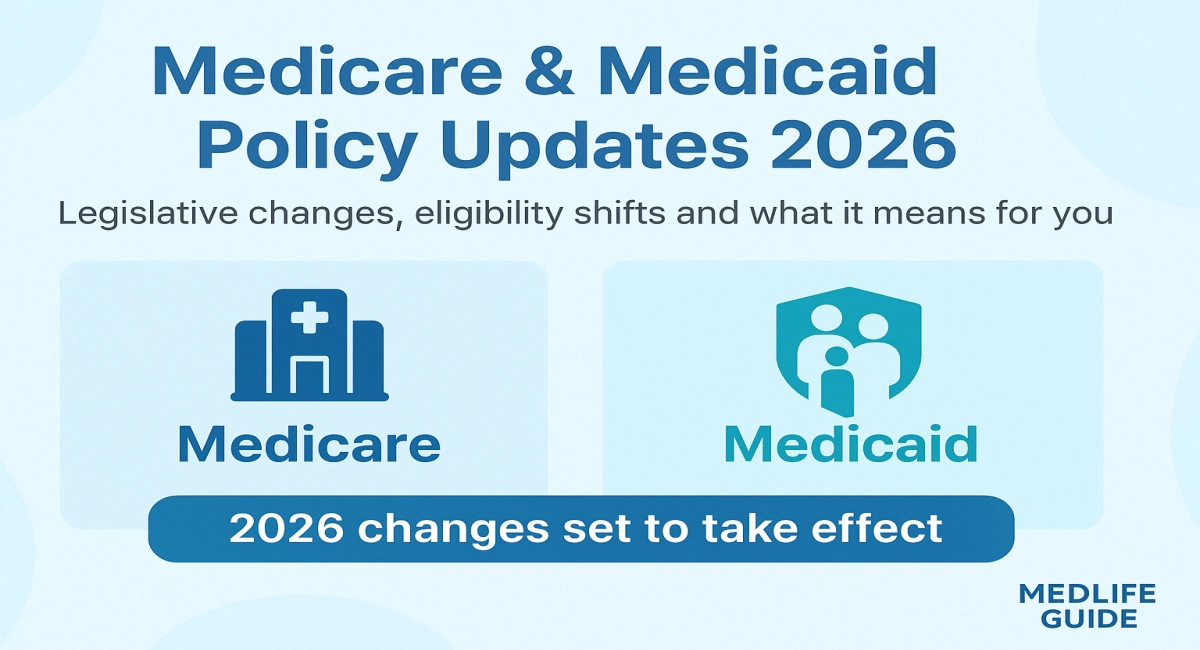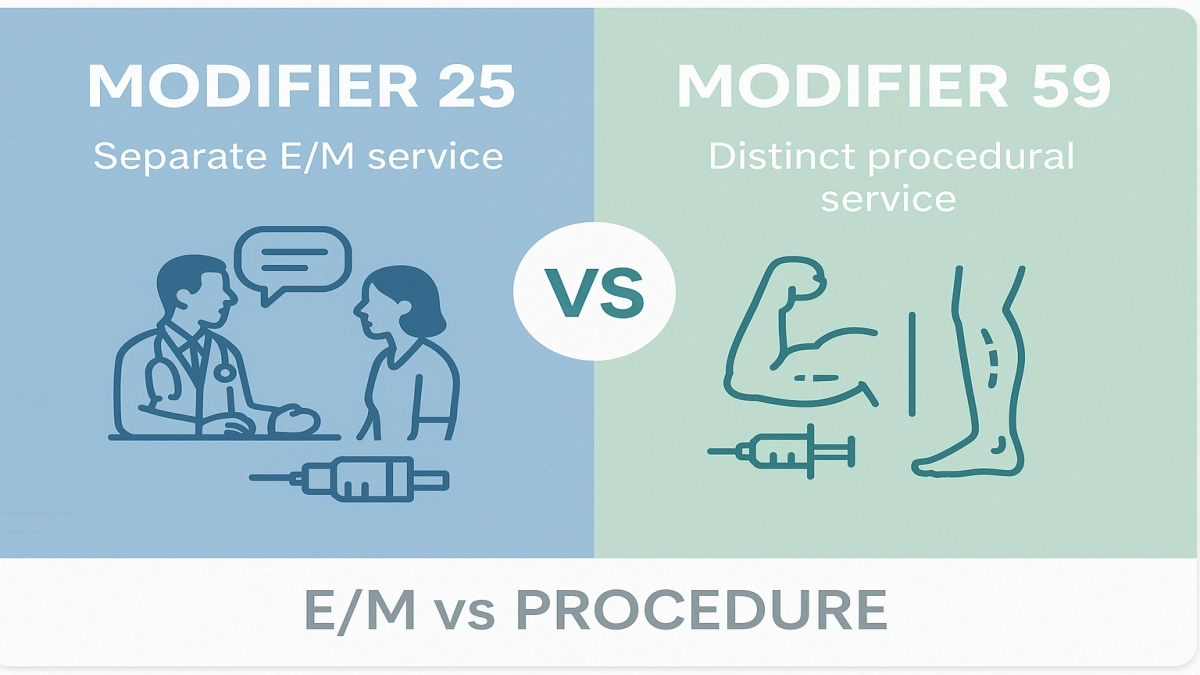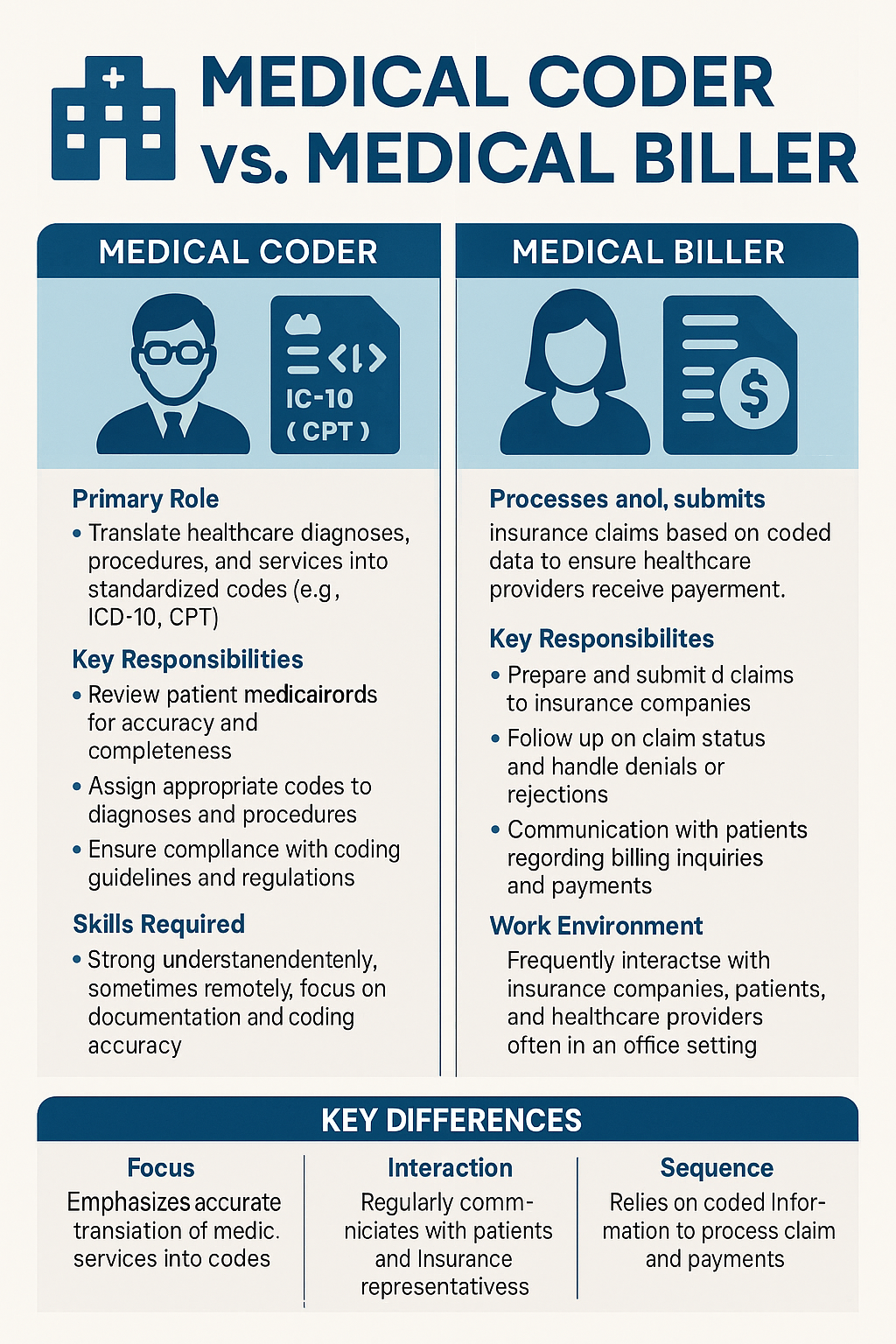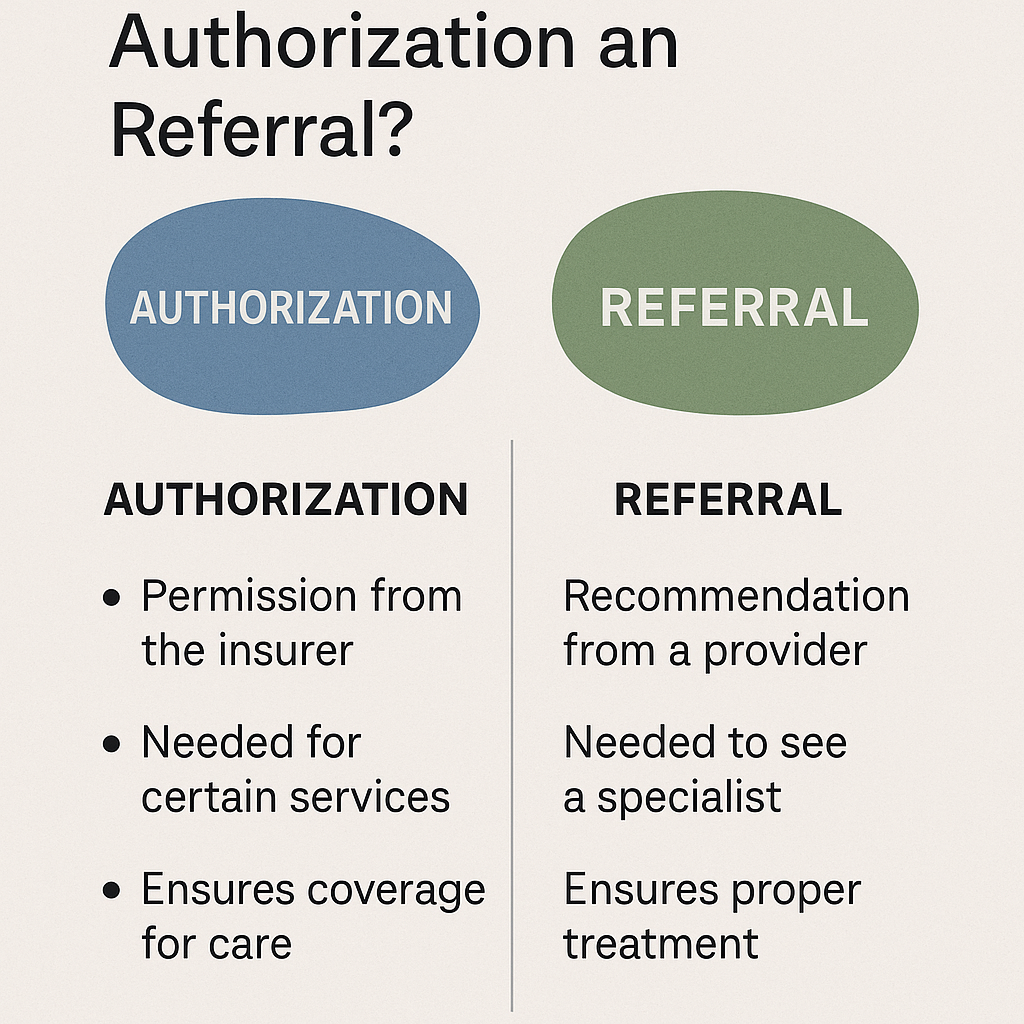Who is Eligible For Both Medicare and Medicaid
Who Is Eligible for Both Medicare and Medicaid in 2025 | Forbes Health Who Is Eligible for Both Medicare and Medicaid? The Complete 2025 Guide for Dual Eligibility and Smarter Healthcare Coverage Quick Summary If you’re a low-income senior, disabled individual, or caregiver helping someone manage medical costs, dual eligibility for Medicare and Medicaid could … Read more









